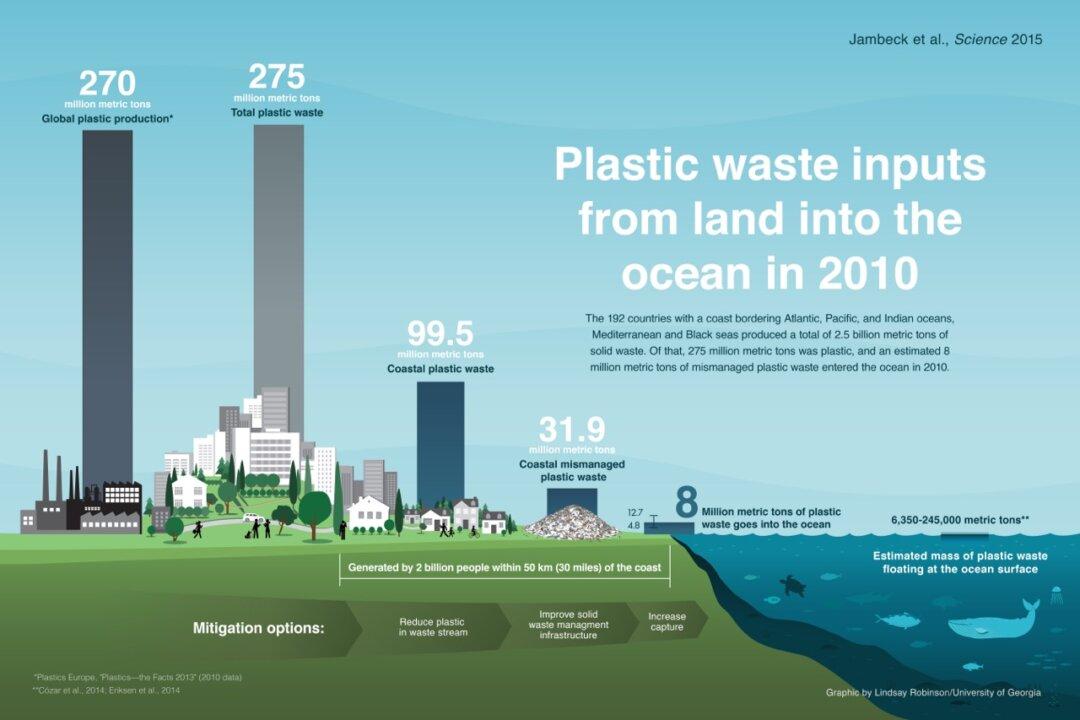OLYMPIA, Wash.—A massive winter storm last week dumped several feet of snow throughout the Cascade and Rocky mountain ranges in the western United States, creating concern over avalanches. “We will continue to see an elevated avalanche hazard,” said Patricia Mason of the Washington State Department of Transportation (WSDOT) in an email interview. “We’ve experienced worse, but the current situation is keeping our crews very busy.”
Most avalanches don’t result in the loss of human life, but many do impact motorists and interstate commerce. Many of our major interstate highways have long stretches that are avalanche prone during the winter months, especially when cold wet storms dump several feet of snow in just a few days.
Safety is always the main concern, as there are a variety of hazards motorists and truckers must face. “Highways are closed when a hazard is determined to be too significant to allow people to travel through the area,” said Mason.
The United State’s longest interstate, I-90 starting just south of Seattle, has many snowy mountainous passes with the potential for avalanches capable of closing one or more lanes in almost 40 different places. With increased traffic demands exceeding what this four-lane highway is capable of handling, closures can quickly mount into millions of dollars. Proof of the impact of avalanches can be seen in Washington state’s $595 million plan to build one of the largest avalanche shielding snow sheds in America, according to information from WSDOT.
There is also the economic impact of closures. Our modern world exists in part because of our ability to move large amounts of goods across vast distances. “A road is a link connecting supplier to producer to seller to buyer; connecting workforce to jobs; connecting shoppers to stores; and connecting communities. Break that chain by closing the road, and you break all those connections—you hurt the economy in real ways,” said David Thompson of Oregon Department of Transportation in an email interview.
A single winter storm such as last week’s brought avalanches and avalanche warnings to Wyoming, Utah, Washington, Idaho, Colorado, Montana, and Oregon.



